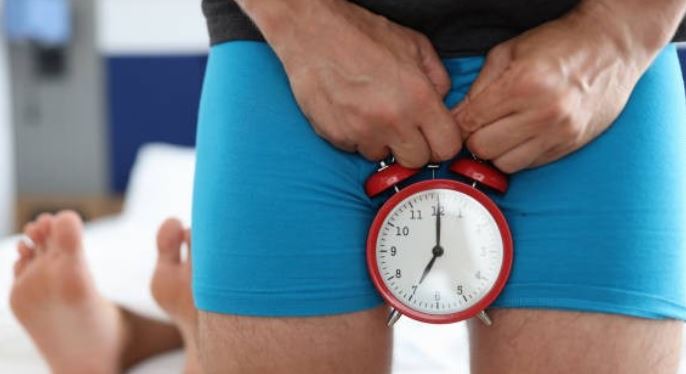Urinating after copulation is a good idea for people who want to reduce the chances of having some infections. We all know that urination is a reflex action in the body. However, there are things you can do that will make you urinate after copulation.
Continue reading to find out what you can do and how urinating after copulation benefits your health. According to Healthline, urinating after copulation benefits women more than men because the duct that discharges urine in women is very close to their bladders.
What will you benefit from urinating immediately after copulation? Urinating after copulation might help you avoid any infection that can affect the organs of your urinary tract.
If bacteria find their way into your urinary tract through the duct where urine is discharged, you will be infected. Men discharge semen and urine through the same duct but not simultaneously. For women, the duct that discharges urine is close to the vagina.
When you urinate immediately after copulation, it allows you to flush out any bacteria that may try to enter your body through the coupling. Urination is an automatic, instinctive reaction to your body’s stimulus.
If you want to urinate after copulation, just make sure you drink a lot of water before that. This will make you feel like urinating after copulation. It’s ideal to urinate at least thirty minutes after copulation.
For women, bacteria can quickly get into their bladders from the urethra. If you know that you are susceptible to urinary tract infections, urinating after copulation will benefit you. For men, the duct through which they discharge urine is longer than for women.
Just ensure that you drink enough water even after copulation so that you can urinate as frequently as possible to reduce the chances of urinary tract infection.
However, urinating after copulation won’t help you prevent pregnancy because the vaginal duct is different from your urethra. If you urinate, it can’t flush out the semen that has been deposited.
Moreover, semen always swims to the upper part on a mission to get the eggs fertilized, and they can’t be stopped.




